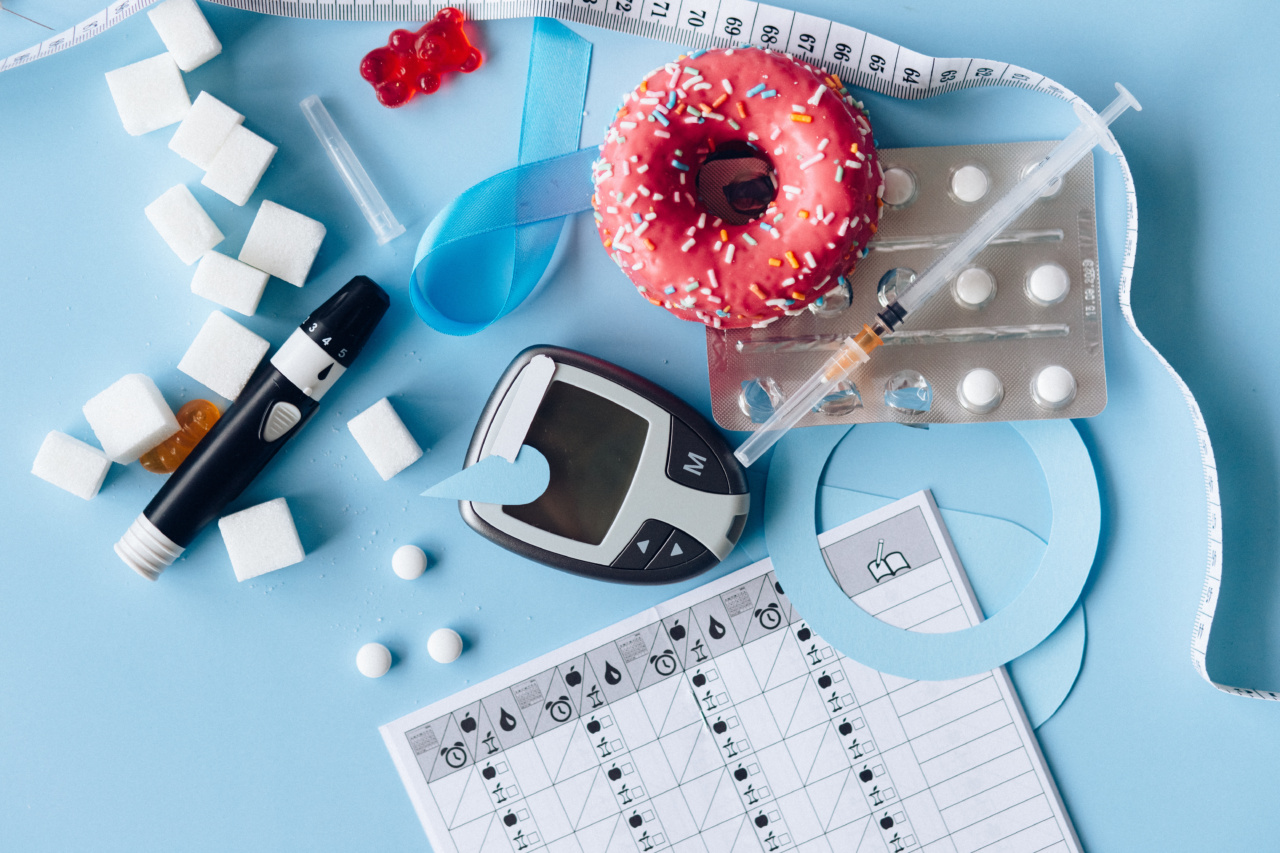Diabetes is a chronic illness that affects millions of people worldwide. Managing diabetes involves a combination of lifestyle changes and medication. One commonly prescribed class of medications for type 2 diabetes is DPP4 inhibitors.
These drugs work by increasing insulin production and reducing the amount of glucose produced by the liver. While DPP4 inhibitors have been effective in controlling blood sugar levels, there have been concerns about their potential link to pancreatitis.
Understanding Pancreatitis
Pancreatitis is the inflammation of the pancreas, a gland located behind the stomach. It plays a crucial role in digestion and the regulation of blood sugar levels. There are two types of pancreatitis: acute and chronic.
Acute pancreatitis is a sudden inflammation typically caused by gallstones or excessive alcohol consumption. Chronic pancreatitis, on the other hand, is a long-term condition that causes permanent damage to the pancreas.
The Controversy surrounding DPP4 Inhibitors
DPP4 inhibitors have been widely prescribed due to their ability to effectively manage blood glucose levels. However, concerns have arisen regarding their potential link to pancreatitis.
A study published in the journal JAMA Internal Medicine found that individuals who used DPP4 inhibitors were twice as likely to be hospitalized for pancreatitis compared to those who used other diabetes medications.
Exploring the Research
While the study showed an increased risk of pancreatitis in individuals taking DPP4 inhibitors, it is essential to interpret the results with caution.
The absolute risk of pancreatitis remains small, with only a small percentage of individuals experiencing this adverse effect. Moreover, the study did not establish a direct causal relationship between DPP4 inhibitors and pancreatitis. Other factors, such as pre-existing conditions or concurrent medication use, could contribute to the increased risk.
Additional studies have yielded mixed results. Some have replicated the findings of the JAMA study, while others have not found a significant association between DPP4 inhibitors and pancreatitis.
The conflicting results highlight the need for further research to clarify the potential link and assess the risk in different patient populations.
Mechanism of Action
To understand the potential link between DPP4 inhibitors and pancreatitis, it is crucial to examine how these medications work.
DPP4 inhibitors increase the levels of a hormone called glucagon-like peptide-1 (GLP-1), which stimulates insulin production and inhibits glucagon secretion. While GLP-1 enhances glycemic control, it also affects the exocrine function of the pancreas, which is responsible for producing digestive enzymes.
This interaction between GLP-1 and the exocrine function of the pancreas has raised concerns about the potential adverse effects of DPP4 inhibitors.
Regulatory Actions
Drug regulatory agencies, such as the U.S. Food and Drug Administration (FDA) and the European Medicines Agency (EMA), have acknowledged the concerns about the potential link between DPP4 inhibitors and pancreatitis.
As a result, they have included warnings in the product information for these medications, advising healthcare providers to monitor patients for signs and symptoms of pancreatitis.
Individual Factors and Risk
It is crucial to consider individual factors when assessing the risk of pancreatitis associated with DPP4 inhibitors. For instance, individuals with a history of pancreatitis or other pancreatic disorders may be at a higher risk.
Additionally, certain medications, such as corticosteroids, could potentially increase the risk of pancreatitis when combined with DPP4 inhibitors. Healthcare providers should carefully evaluate each patient’s medical history and concurrent medications before prescribing DPP4 inhibitors.
Monitoring and Early Detection
Early detection and prompt management of pancreatitis are vital to prevent complications and improve outcomes.
Healthcare providers should educate patients about the signs and symptoms of pancreatitis, such as severe abdominal pain, nausea, and vomiting. Regular monitoring of pancreatic enzymes, such as amylase and lipase, may also be recommended to detect any changes indicative of pancreatic inflammation.
Alternative Treatment Options
For individuals with diabetes who are concerned about the potential risk of pancreatitis associated with DPP4 inhibitors, alternative treatment options can be considered.
Other classes of diabetes medications, such as metformin or GLP-1 receptor agonists, may be suitable alternatives. However, the choice of medication should be individualized based on factors such as the patient’s overall health, medication tolerability, and glycemic control.
Conclusion
The potential link between DPP4 inhibitors and pancreatitis has generated significant debate and research.
While some studies suggest an increased risk of pancreatitis, the absolute risk remains small, and a direct causal relationship has not been definitively established. The individualized assessment of risk factors and close monitoring of patients are crucial in managing diabetes and preventing complications.
Further research is needed to provide more conclusive evidence on the potential link between DPP4 inhibitors and pancreatitis.





























